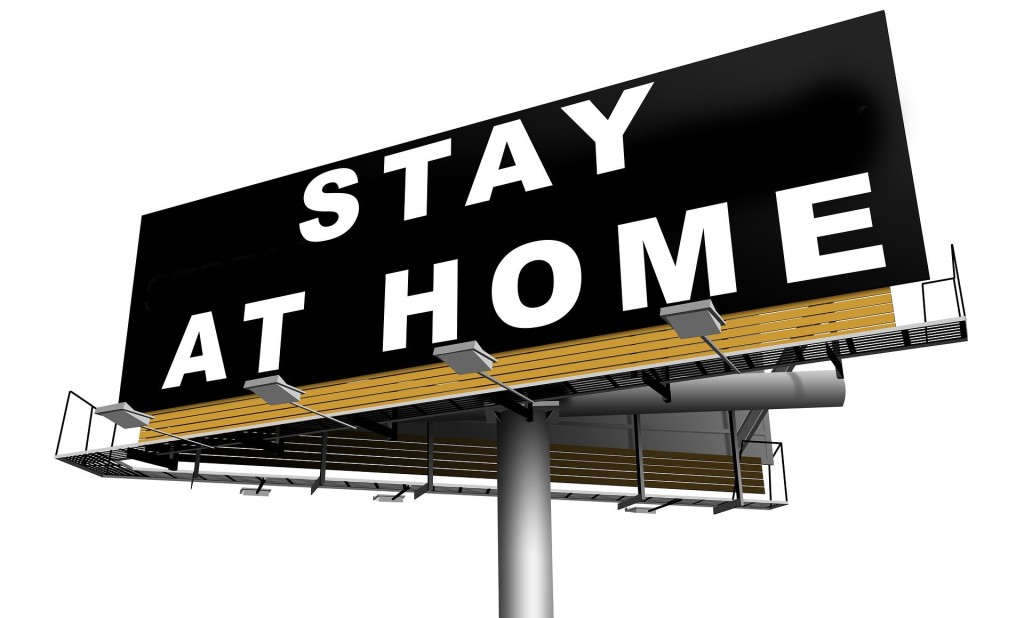
The WHO declared COVID – 19 (coronavirus infectious disease) a pandemic on 11th of March, 2020. At about the same time, India started reporting cases from its different states and union territories. Immediately after, Indians became familiar with the terminologies being used world over, with respect to the disease. Words like social distancing, quarantine, and isolation, which emphasize upon the need to be by oneself and reduce social interaction, in order to minimize the spread of the disease, enveloped our daily vocabulary. While, engaging in all of these behaviours is imperative at the moment for one’s own well-being, it is certainly not easy to do so. Human beings are known to be social by nature, and therefore, any government imposed or self-imposed isolation, can have a drastic impact on an individual’s mental health. The resultant anxiety can be extremely debilitating.
In fact, health anxiety is at its peak among people world over, as you read this. On an average amid the normal circumstances, every third person who visits a psychologist for counselling, shows symptoms of health anxiety. And this rate has exponentially increased in the past 2 months. Locally, we see a spike in the overall health anxiety symptoms being manifested by Goans, over the past 10-15 days. Even individuals who don’t commonly show the symptoms of health anxiety, are now stressed out about contracting the disease. The constant influx of information from news platforms and social media platforms is certainly not helping, rather making the situation worse. The unfamiliarity with the virus, is one of the reasons for the brain to feel threatened and induce anxiety.
Health anxiety manifests itself differently among different people. Typically, individuals with health anxiety show extreme preoccupation with one or more physical symptoms, whether real or imagined. These individuals are hypersensitive to the smallest of physical dysfunctions. There could also be a severe fear of contracting the illness, thereby interfering with the sleep patterns, appetite, etc. The anxiety can also manifest in terms of excessive hand-washing, preoccupation with cleaning, withdrawal behaviour, physical pain, stress headaches, panic attacks, etc.
So, how do we deal with the anxiety surrounding coronavirus spread? One of the most effective ways to deal with your health anxiety right now would be to, practice mindfulness. It refers to being in the present, and not focusing on the past or what will happen in the future. “Being in the here & now”, is the mantra. Mindfulness can help you navigate through the overwhelming amount of information that is currently available. Use these three simple steps to keep your health anxiety at bay.
Firstly, ‘Be Mindful’ of the number of times, you are checking your phone screen. Yes, it’s important to be aware. So log in once and get your fix of the latest updates, and then switch off. Keep 10 – 15 minutes a day aside, when you will read up about the disease, and stay away from any further information. Secondly, ‘Be Aware’ of the basic hygiene, follow the steps & focus on your life. Do things which you have always wanted to do, be it reading, dancing, exercising at home, etc. Thirdly, ‘Reflect Within’, and understand how you can calmly & rationally, prepare for the disease. Before following the mass rush of panic buying, hoarding soaps & sanitizers, etc., ask yourself if that’s absolutely necessary.
A lot of the anxiety is induced because we focus on things which are beyond our control; for instance, whether others will follow the protocols or not, what is the rate at which the disease is increasing, imagining the worst case scenario, and so on. Instead, what one needs to do is, focus on what’s within their control; for instance, focusing on things like maintaining hygiene, avoiding non-essential outings, taking measures to boost your immune system, are just some of the things you can do to ensure that you have done the best possible from your end. Meditative practices like deep breathing, Yoga, mindful exercising, etc. are ways to channel your focus on things which are within your control, which in this case is essentially you and your daily behaviour.
In order to deal with the anxiety that comes from thinking about staying in quarantine and social isolation, remember that this is a temporary phase and not for forever. Try to follow your normal routine as much as possible. If you are working from home, try to work as per the same hours which you would pursue outside; this will ensure a routine in your daily schedule. When suffering from anxiety in situations such as these, sticking to a routine can also have a calming effect. Indulge in creative activities, like cooking, colouring, craft making, and the like, to relax yourself when you find yourself focusing too much on things which could possibly go wrong. Lastly, remember that even though you may not be able to go outside, you still have a family at home. Connect with your family members. Also, in the digital world that we live in, connect with your loved ones using video calling apps. It may be difficult, but quarantine or isolating oneself was never easier, either.
[Article first published under the same title in Gomantak Times on 21st March, 2020]
